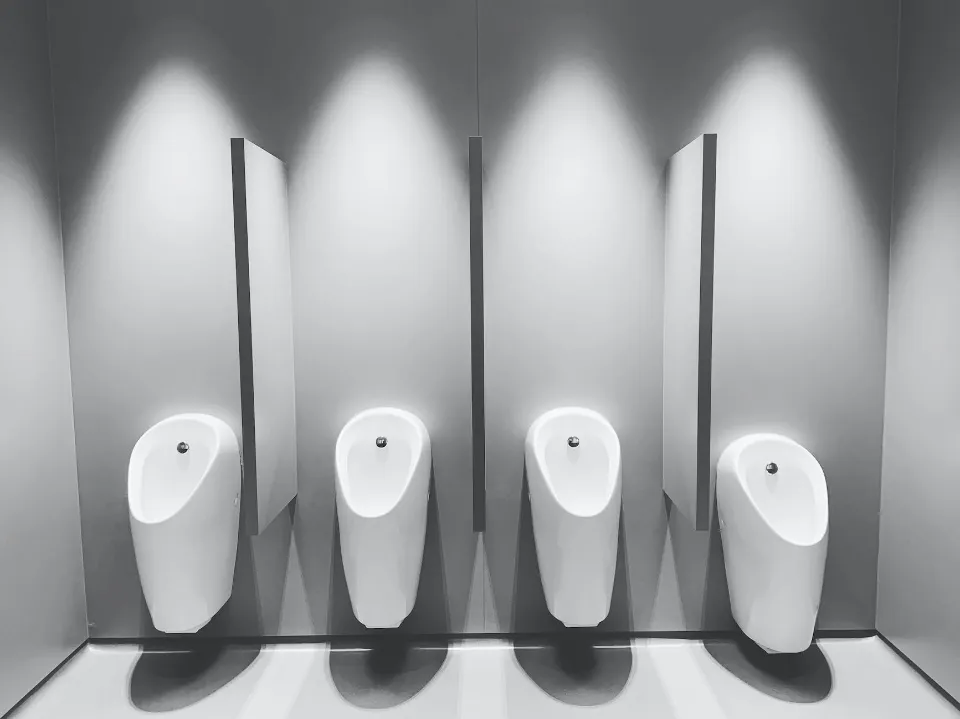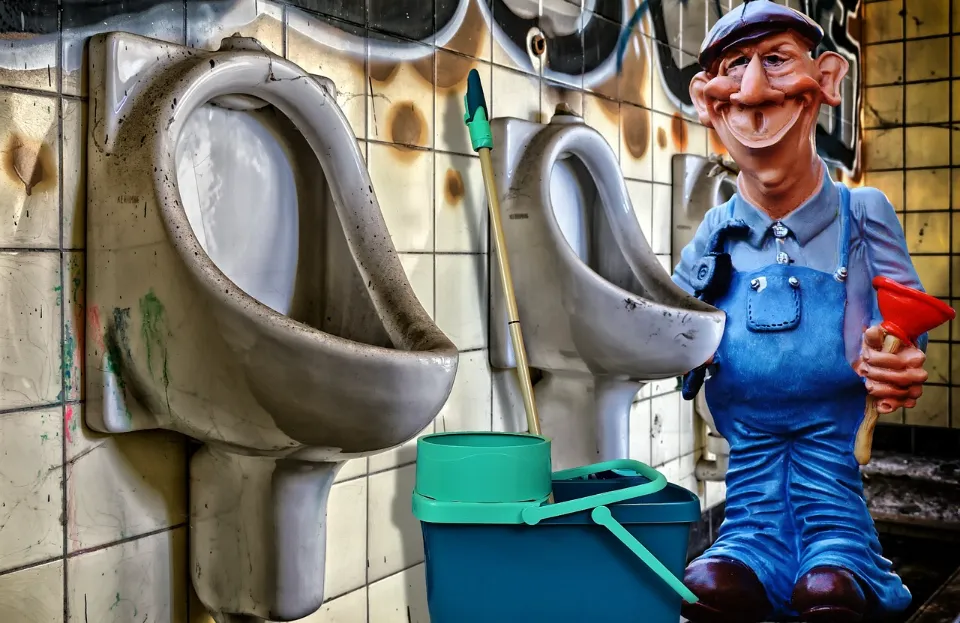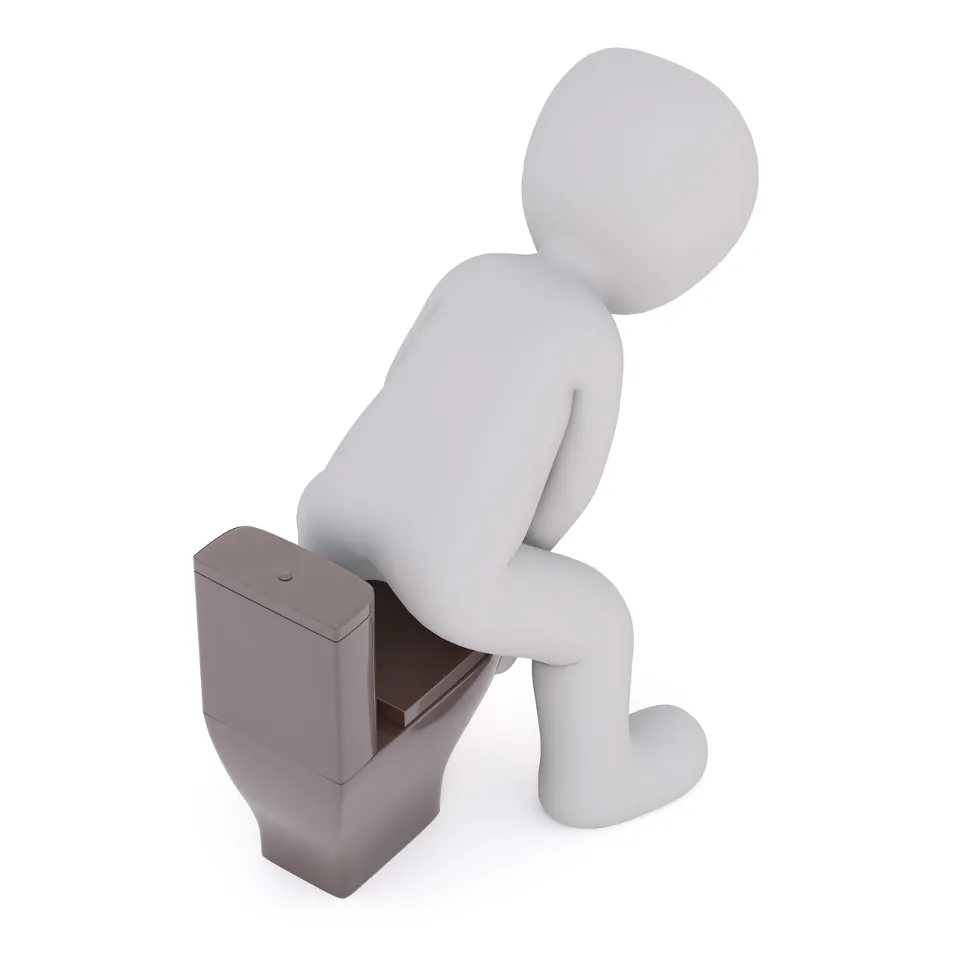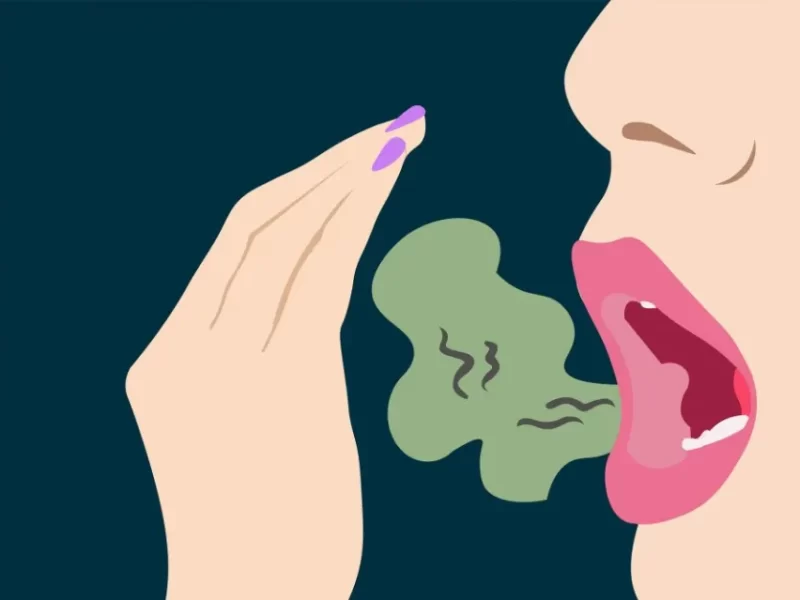Anxiety can become a chronic mental health condition. Frequently, anxiety can manifest as signs and symptoms that cause stress or fear, which can then fuel additional anxiety. One of the main causes of this cycle is that, without such dedication, the cycle will continue and anxiety may worsen.
Urination is a significant stress-inducing sign of anxiety. Frequent urination can indicate a more serious health issue (like diabetes), but it can also be brought on by extremely high levels of anxiety.
Fortunately, you can take action to manage your anxiety-related symptoms and feelings in order to be yourself.
Why does Anxiety Cause Urination?
Stress, anxiety, and depression may actually contribute to OAB and urinary incontinence. In a study involving more than 16,000 women in Norway, having anxiety or depression symptoms at baseline was associated with a 1.5- to two-fold increase in the risk of developing urinary incontinence. Although researchers and medical professionals are not exactly sure why anxiety may cause frequent urination, there are two main theories.
The first is that stress triggers a reaction known as the “fight-or-flight” reaction, which makes the nervous system more sensitive. Everyone experiences this in response to stress, but those with OAB may find that basic reflexes like urinating more easily become stimulated.
People with OAB may worry about having symptoms, particularly in social situations, and this can trigger their fight-or-flight response. This response can then lead to OAB symptoms, creating a cycle in which the more symptoms a person has, the more anxious they feel.
The second hypothesis is that tension brought on by stress and anxiety can affect the bladder muscles and heighten the urge to urinate. Nocturia, which is the term for frequently waking up during sleep to use the restroom, is also linked to anxiety and depression. Some professionals believe that this is actually due to sleeping problems, which are common in people with anxiety and depression. They contend that the reason these people use the restroom more frequently is that they are awake more of the time.

How to Stop Anxiety Urination?
People can take action to control the stress and anxiety brought on by OAB. These include the following:
Seek Treatment for OAB Symptoms
Many individuals think that bladder leaks are an inevitable and typical part of aging. However, although urinary incontinence and OAB are common, people do not just have to deal with them. Various treatment options are available to help manage or prevent the symptoms of OAB, including:
- Lifestyle and dietary changes
- Pelvic floor exercises
- Medications and surgery
A 2019 study found that women who received medical treatment for OAB symptoms also experienced improvements in their anxiety and depression symptom scores.
Practice Yoga
Meditation and relaxation are two goals of the yoga practice.
According to the results of a small pilot studyTrusted Source published in 2021, women with urgency urinary incontinence who participated in yoga experienced significant improvements in their quality of life, including better sleep. The participants reported improvements in their depressive symptoms despite the researchers’ failure to detect any impact on anxiety or stress perception.
Try Pelvic Floor Exercises
The term “pelvic floor muscles” refers to the group of muscles in the lower part of the abdomen that support the pelvis, bladder, and urethra. The ability of these muscles to effectively control the pelvic organs can be diminished as a result of surgery, pregnancy, or childbirth.
The symptoms of OAB and urinary incontinence can be reduced by strengthening the muscles in the pelvic floor. A physical therapist can collaborate with a person to develop an exercise program that is effective for them.
In a review of 31 clinical trials, researchers found an association between participation in pelvic floor muscle therapy and significant improvements in not only the symptoms of urinary incontinence but also in quality of life. An assessment of anxiety and depressive symptoms was one of the quality of life parameters.

Exercises for the pelvic floor are advantageous for both sexes. A 2019 study found that following prostatectomy, which is the removal of part or all of the prostate gland, participation in pelvic floor exercises led to significant improvements in urinary incontinence, anxiety, and depression.
Alternative Treatment Options
Numerous alternative therapies can help lessen stress and anxiety brought on by OAB symptoms in addition to the standard treatment options.
The results of a 2020 randomized controlled trial involving 27 females revealed that laser acupuncture led to significant improvements in OAB symptoms and quality of life.
Researchers have also looked into the possibility of using electrical stimulation, which delivers focused electrical pulses to the muscles that support and control the bladder, to treat OAB. A 2020 clinical trial found that electrical stimulation, in combination with bladder training and biofeedback, significantly reduced the symptoms of OAB and increased life quality.
Reminder: Frequent Urination from Anxiety is Not Diabetes
It’s always a good idea to get checked out by a doctor if you haven’t seen one in a while. If you suffer from frequent urination, this may be a sign of diabetes. The cause of your frequent urination need not be related to your blood sugar levels, though, if they were checked and found to be normal.
Many people with anxiety fear the worst, which means they fear diabetes – a common and frightening cause of frequent urination. Nevertheless, diabetes urination is distinct. It doesn’t usually develop overnight, and frequent urination comes all throughout the day – even multiple times at night.
After having healthy blood sugar levels, the likelihood of developing severe diabetes with urination issues quickly is extremely slim. Anxiety is much more likely to be the culprit if your blood sugar levels are normal.
Summary
Although frequent urination due to anxiety is a common disorder, if you let it, it can cause havoc in your life. Ask your doctor about alternate options if one medication doesn’t work. For dietary recommendations or herbal remedies, consult a naturopath. Get suggestions from your support network.
FAQs
How Do I Stop Peeing from Anxiety?
Anxiety-related urination is not something that can be resolved on its own. Dehydration brought on by drinking less water may increase anxiety. Avoiding foods and drinks that may increase urination, like coffee and alcohol, can be helpful.
Can Anxiety Cause Urine Leakage?
Incontinence and anxiety interact and make each other worse. And, anxiety is a risk factor for developing incontinence. The same seems to be true for other mental health conditions, such as depression, which is also a risk factor for developing incontinence.



